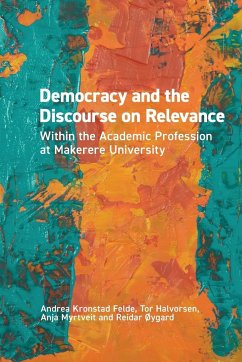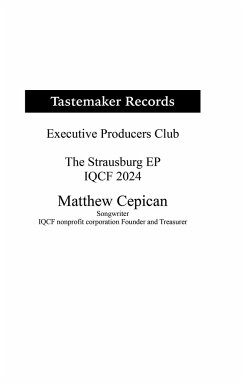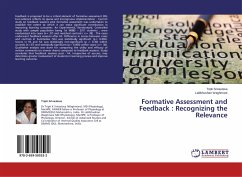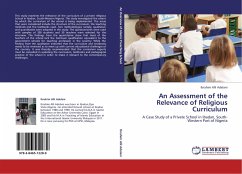
The Relevance of Executive MBA Programs
Student Expectations and Satisfaction
Versandkostenfrei!
Versandfertig in 1-2 Wochen
28,99 €
inkl. MwSt.

PAYBACK Punkte
14 °P sammeln!
Investment in executive education has grown steadily since its inception during the last century. Several studies have attempted to measure the effectiveness of executive programs; prior research has indicated that some programs lack relevance. This study addressed the topic from the perspective of corporations, whose future executive education decisions are affected by the relevance of current programs, and program alumni. In a partial replication of a 1959 Harvard study, which queried graduates of 39 residential programs, I surveyed the 1993-1995 executive MBA graduates of four schools: UCLA...
Investment in executive education has grown steadily since its inception during the last century. Several studies have attempted to measure the effectiveness of executive programs; prior research has indicated that some programs lack relevance. This study addressed the topic from the perspective of corporations, whose future executive education decisions are affected by the relevance of current programs, and program alumni. In a partial replication of a 1959 Harvard study, which queried graduates of 39 residential programs, I surveyed the 1993-1995 executive MBA graduates of four schools: UCLA, University of Colorado, University of Utah, and University of Washington. The main research question was: Are executive education programs meeting the needs of their mid-career students ? In addition to the above, the changing workplace prompted the following queries: Is there a difference between the satisfaction of the students with the programs in 1959 and now? Are the programs affected by lack of security in the workplace. Are people using the EMBA to change employers? Do sponsoring companies use the skills learned? Do women have a problem with the 'glass ceiling'? In addition to collecting the surveys, I interviewed the four program directors, 10 corporate executives whose responsibilities include executive education, and 24 of the 157 alumni who returned the questionnaire. Frequency distribution, correlation analysis, and stepwise multiple regression were used to analyze the survey data. The major findings were: EMBA students today are satisfied with the relevance of their education; Students are dissatisfied with schools that employ professors with outdated or inadequate teaching skills; Instability in today's workplace is prompting some people to change jobs or go into their own business once their EMBA is completed; Corporations will continue to invest in these programs, but there is more specific succession planning in conjunction with the career path expected for the employee; There continues to be little ethnic diversity in the programs.














